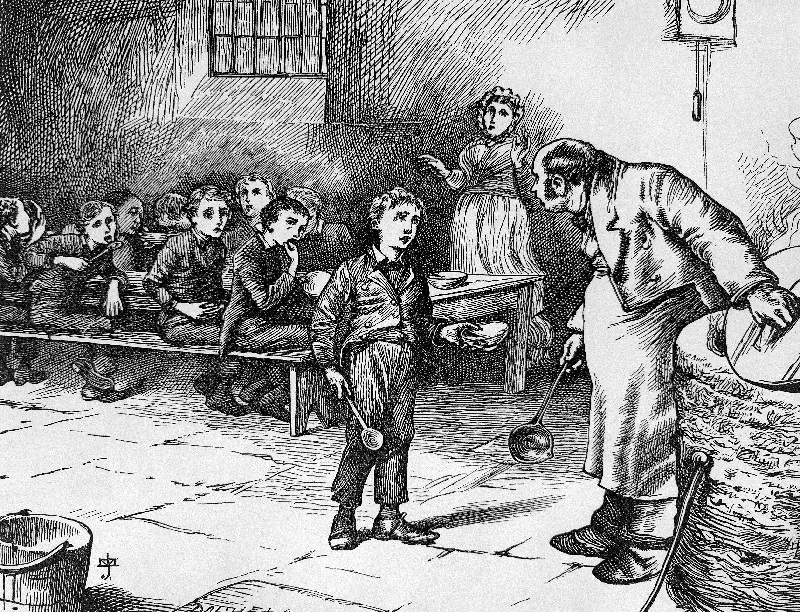This review is written after having read both versions of The Picture of Dorian Gray. While I enjoyed the direct uncensored version, it was the amended edition that shows the masterly craft of Oscar Wild. And it is not because Wild had tried to refine the blunt expression of his original due to the mounting criticism that it’s immoral, but because by adding and rewriting, Wild has displayed his amazing ability to wield the written word masterfully.
Picture of Dorian Gray is the only novel written by Oscar Wilde. The story is about a young and handsome man who exchanges his soul with his portrait for the eternity of youth. This young man who has absolutely no care for his soul and who is full of vanity and pride leads a life only pleasing his senses and absolutely disregarding his wicked conduct towards others in achieving his pleasure.
The story is possible of several interpretations: It can be said as a representation of a double life of Victorian gentlemen. Some interpreters have argued the story was a representation of Oscar Wilde himself. This interpretation must have possibly been drawn from his sexual inclinations and his support for aesthetics. The story can also be said to represent the life of a youth who was corrupted by wicked influence and his struggle to come to terms with the consequences of his actions that have corrupted his soul.
While all these interpretations are true to the work, as a modern-day reader, I would prefer the latter interpretation. In my point of view, it was indeed a story about a young man who becomes a victim of wicked influence and corrupts his soul, and his struggle to come to terms with the consequences of his own wicked conduct.
It is said Wilde’s love of aesthetic principles encouraged him to write the story about a youth who is enamored with his beauty and becomes vain and wicked. But if you look into the story carefully there is more depth to the story than what you can understand from its surface. Wilde’s brilliant phrase that “senses fill the soul and the soul fills the senses” is the sole concept of the story. Through the story of Dorian Gray, Wilde states that while one’s evil actions that were influenced by the senses fill the soul and corrupt it, the soul too fills the senses with remorse and self-reproach. The battle between the two entities is vividly portrayed throughout the story in that the soul takes a stronghold on the person where he can no longer endure the burden of his corrupted life.
The portrait plays a major role in the story. Dorian makes a pact with his picture, and that is for the picture to grow old and for him to stay young as the picture would have. This pact works well and Dorian’s youth is preserved, and he goes on living the same vain and wicked life. The portrait allegorically represents the soul of Dorian. The picture changes its image with every wicked action of its owner till it becomes hideous to look at. This transformation of the picture is the transformation of Dorian’s soul.
The story is based on a brilliant concept. And Oscar Wild’s master craft in building a great and meaningful story is truly amazing. There is no argument about his exceptional skill of writing which combines wit and sarcasm so masterfully. It is amply displayed here. But in this particular work, in addition to wit and sarcasm, there is a rich beauty in his prose as well.
Overall, I enjoyed the read very much. It is a great piece of literature by a great literary master who was undervalued and often misunderstood. And I think this is one work that every reader must read in his/her lifetime.
Rating: 4/5



